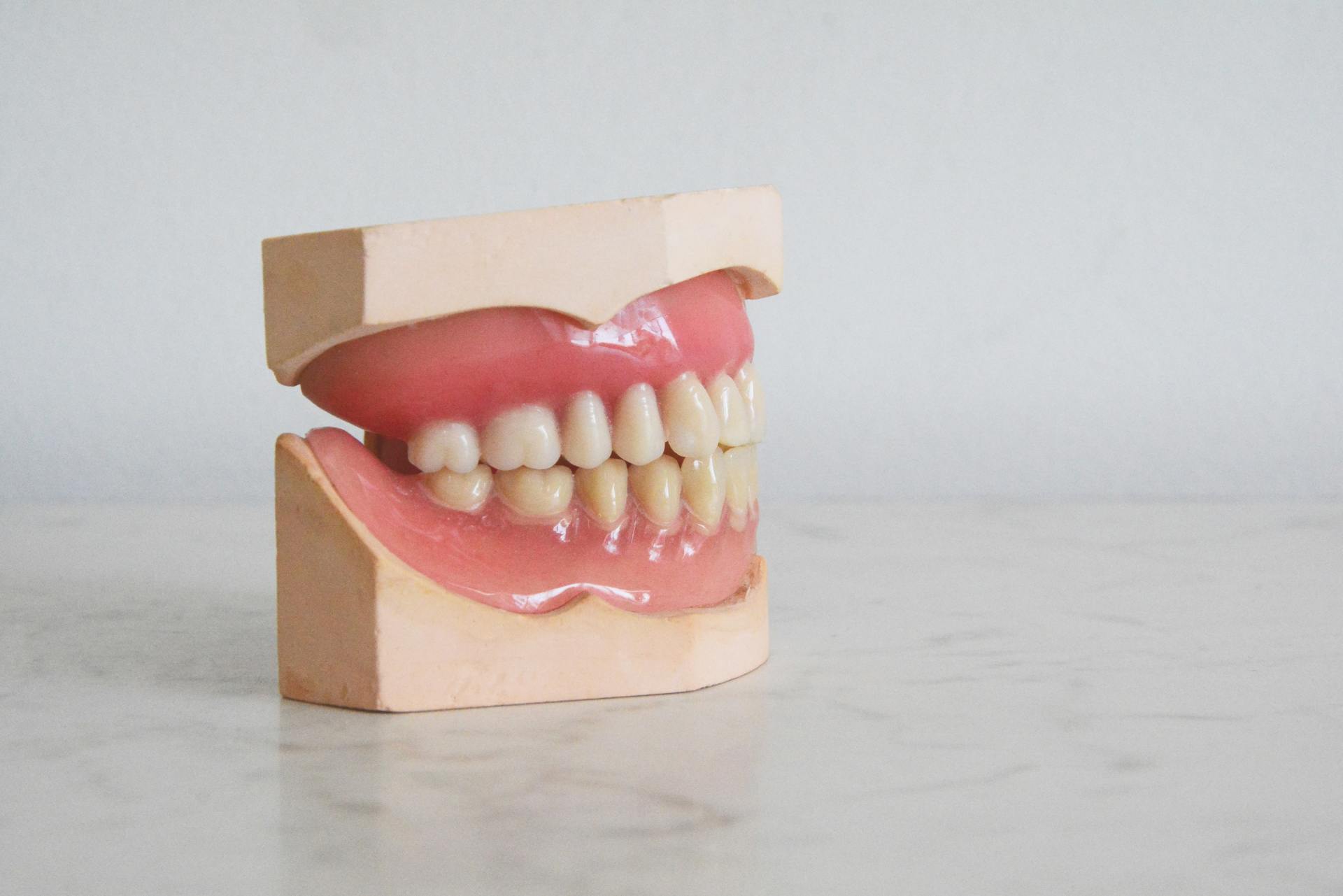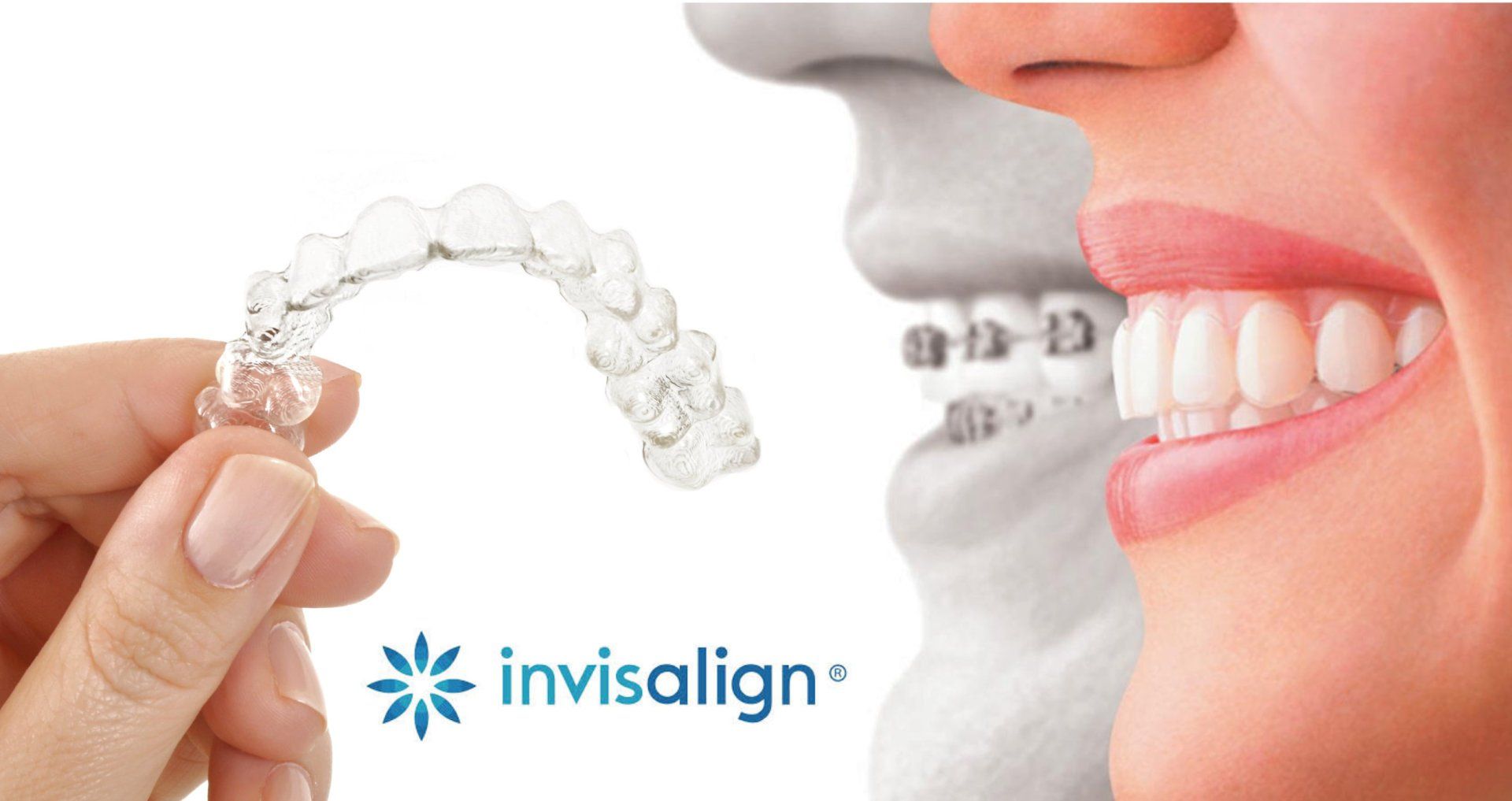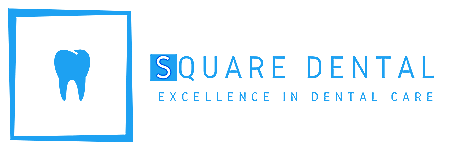Thinking of a white Christmas? Do it safely
Dr. Hima • September 16, 2019
If you are wishing for a white Christmas this year, a leading oral health group is advising you to do it properly and visit the dentist.
The Tooth Whitening Information Group (TWIG) is warning people against purchasing and cashing in on cheap tooth whitening treatments being offered by non-qualified technicians this Christmas.
The Tooth Whitening Information Group (TWIG) is warning people against purchasing and cashing in on cheap tooth whitening treatments being offered by non-qualified technicians this Christmas.
Cheap deals from beauticians, at whitening kiosks, online and over-the-counter might help to satisfy budgets, but they can potentially darken the festive mood if they go wrong.
The law relating to tooth whitening changed in October 2012 and clarified it as an act of dentistry that should only be offered and carried out by qualified dental professionals. The European Directive on this has been confirmed by the High Court. This means that anybody carrying out tooth whitening other than a qualified dental professional is doing it illegally.
There is also a legal age limit for tooth whitening, which means you have to be at least 18 years old to have it done. Also, the law says that tooth-whitening products containing or releasing more than 0.1 per cent hydrogen peroxide can now only be sold to a registered dental professional offering the treatment in their practice (these products must also not contain or release more than 6 per cent hydrogen peroxide).
Tooth-whitening products or kits you buy over the counter or on the internet can legally only contain or release up to 0.1 per cent hydrogen peroxide. This concentration is ineffective and too low to have any noticeable effect on the colour of your teeth.
Chief Executive of the oral Health Foundation, Dr Nigel Carter OBE, stressed the value and importance of making the right choice about tooth whitening.
Dr Carter said: “There are already a vast number of Christmas promotions on tooth whitening deals. It is a growing trend, and if done properly can make a difference to the appearance of your smile.
“To make sure there are no repercussions, you need to visit your dentist. Dental professionals train for many years to understand the structures of the mouth, to recognise dental disease and to prescribe the correct treatment for each individual patient.
“The chemicals used to whiten the teeth, could permanently damage the teeth and gums. To protect the public against this type of damage, the person providing the treatment must be fully dentally qualified and registered with the General Dental Council (GDC).
“Tooth whitening may seem to be simple. However, because the chemicals used actually sink into the tooth surface, it could cause permanent damage to the tooth surface. A dentist may be more expensive than the cheaper alternatives, but they are best-placed to offer advice and carry out the procedure.”

Gums That Bleed. Are electric toothbrushes more effective in combating bleeding gums than manual brushes? Both electric and manual toothbrushes are excellent at cleaning teeth as long as you 1) brush thoroughly but gently on all tooth surfaces) and 2) brush for two minutes twice a day. The newest electric brushes can really help preserve your teeth in novel ways: built-in pressure sensors may warn you when you brush too hard and, when linked to an app, can even provide feedback on your brushing effectiveness. What are the advantages of electric toothbrushes? Electric toothbrushes are usually more effective in removing plaque and food debris and reducing bleeding gums than manual toothbrushes, as the round spinning brush head allows more brush strokes per minute and can reach hard-to-reach areas; The timer ensures that you brush for the required two minutes; The newest brushes link through Bluetooth to an app, providing real-time feedback on your brushing; and If you have a condition such as arthritis, they may assist you in brushing thoroughly. Can electric toothbrushes cause tooth damage? When used properly, an electric toothbrush will not do any harm to your teeth or gums. However, be cautious: brushing too vigorously – that is, using your electric brush as if it were a manual brush – may wear away both the enamel and the gums. Allow the electric toothbrush to do the job for you by gliding over all tooth surfaces. Do electric toothbrushes help whiten teeth? The simple answer is that an electric toothbrush cannot effectively whiten teeth. However, using an electric toothbrush may result in whiter teeth, since electric brushes are usually more effective at eliminating plaque and surface stains, both of which can cause teeth to look dull or yellow. You are welcome to make an appointment and speak with one of our dentists about teeth whitening. Is cleaning your teeth alone sufficient for bleeding gums treatment? Brushing your teeth twice a day is important, but even an electric brush cannot reach all areas where food or plaque may accumulate, therefore it is critical to floss or use interdental brushes or a water flosser to clean between teeth. A final swish with an alcohol-free mouth wash may help eliminate plaque and food particles that have been stuck between the teeth during brushing or flossing. However, remember that brushing and flossing alone will not eliminate all plaque deposits, which is why you should schedule a professional scale and polish at least once a year. If you have bleeding gums, if your teeth have gotten loose, or if you are unable to tolerate dentures, schedule an appointment with our implant surgeon.

What Does Yellow Teeth Mean? This may refer to any of the following: Your teeth are naturally yellowish or off-white; Your teeth are stained (for example, from tea, coffee, or smoking); You have a plaque or tartar build-up; Your enamel has worn away, revealing the naturally yellowish underlying dentin. Ref: https://www.livescience.com/54420-yellow-teeth.html Why do your teeth get yellow? One of the most frequent causes of yellow teeth is plaque or tartar buildup as a consequence of inadequate brushing and flossing or failing to see a dentist at least once a year for a descale & polish. This may also be the result of surface discoloration from substances such as tea, coffee, cola, and cigarettes. Worse still, it may be due to the enamel being worn away due to excessive brushing or acid damage, revealing the yellowish dentin underneath. Teeth also yellow with age when the enamel thins and the dentin darkens in color. Are yellow teeth unhealthy? Yellow teeth are not always harmful; they may be your natural tooth color or stains from things like tea, coffee, and smoking. However, yellow teeth are unhealthy if they are the result of enamel erosion, exposing the underlying dentin, or plaque and tartar build-up, all of which may result in cavities, gum disease, and even tooth loss. Is it necessary for teeth to be white? No, natural teeth are not white; they are off-white in color, typically with a yellowish or blue-greyish tint. If you encounter someone with a dazzling white grin, it is usually often the result of dental restorations such as veneers or crowns, since the shade of white may be customized. How can I get rid of yellow teeth? If your teeth have become discolored as a result of plaque buildup, this may be addressed first with an improved daily teeth-cleaning regimen and a hygiene visit. A thorough dental hygiene regimen, as well as whitening if staining continues, may also help minimize discoloration. However, if the yellowing is caused by exposed dentin underneath worn-down enamel, it cannot be cured or reversed, but a front tooth may be covered with a veneer.

How long does Invisalign take to begin working? Many of our patients see a change within the first few weeks. However, if you do not continue wearing your aligners as recommended, i.e. morning and night for 20-22 hours each day, removing them only for eating, drinking, and cleaning... or for the odd special event, teeth will begin to shift back. How long does it take for Invisalign to straighten your teeth? The shortest duration of therapy is about 12 weeks, while the average is approximately 6 months to a year. As is the case with all removable braces, the total treatment time for Invisalign is dependent not only on the complexity of your case (i.e. the amount of correction required), but also – and perhaps more importantly – on your commitment to wearing the aligners for the required amount of time each day. How do I maximize the effectiveness of Invisalign? Patient dedication is almost certainly the most important element in achieving the greatest outcomes. In brief, this means wearing your braces for at least 20 to 22 hours each day, removing them only to eat, drink, and brush your teeth. Additionally, it is critical that you maintain a good oral hygiene regimen, including cleaning your teeth after each meal or snack and cleaning your trays anytime you remove them. What is the Invisalign procedure? We capture precise 3D 'impressions' of your teeth in seconds using our state-of-the-art iTero digital scanner. Thus, there will be no more biting into dirty, sticky plates in order to get physical imprints. We may then show you the entire treatment plan, from the starting position of your teeth to the ultimate desired position, prior to treatment beginning! Can Invisalign be used on just the upper teeth? While this is theoretically true, as a general rule, we advise patients to treat both arches concurrently. Why? Simply because treating just your top or lower teeth may cause your bite to become disrupted.

